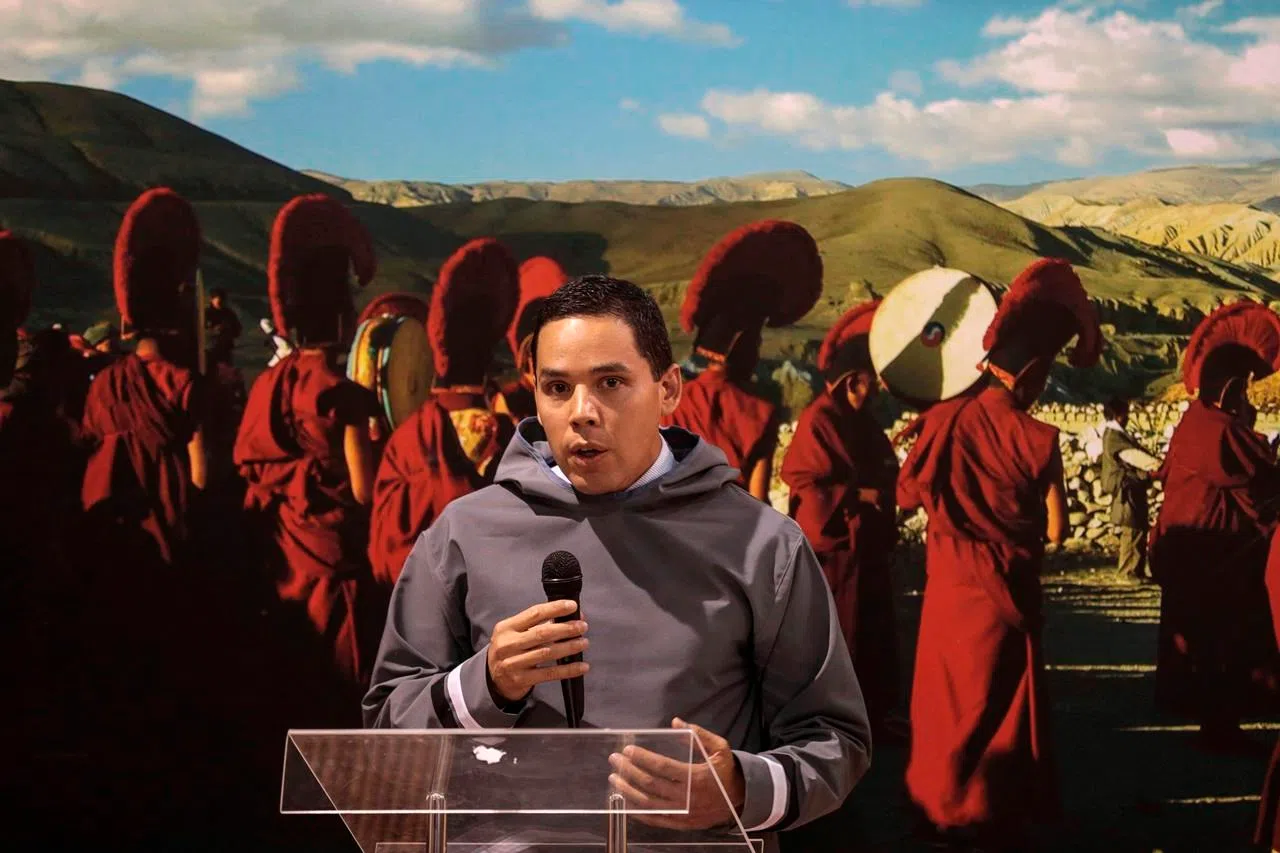
Provinces seek one-year extension of health funding accord while they negotiate with feds
OTTAWA — Prime Minister Justin Trudeau’s preference for discussing climate change over health care is being used as an argument by the provinces to justify extending the annual six per cent increase in health funding for at least another year.
Since 2004, federal payments to the provinces for health care have increased annually by six per cent. The Trudeau government intends to reduce that escalator to three per cent starting in April — a move provincial and territorial governments unanimously maintain they can’t afford.
As premiers began arriving late Thursday for a first ministers’ meeting on climate change, Saskatchewan’s Brad Wall expressed frustration that health funding is to be dealt with only as an after-thought Friday, over dinner. Until first ministers have time to conduct substantive negotiations, he said it’s only reasonable to extend the six per cent escalator for at least another year.
“This is the third meeting we’ve had with the prime minister on climate change,” Wall said in a brief interview as he arrived for a dinner Thursday night that Trudeau hosted for U.S. Vice President Joe Biden.



